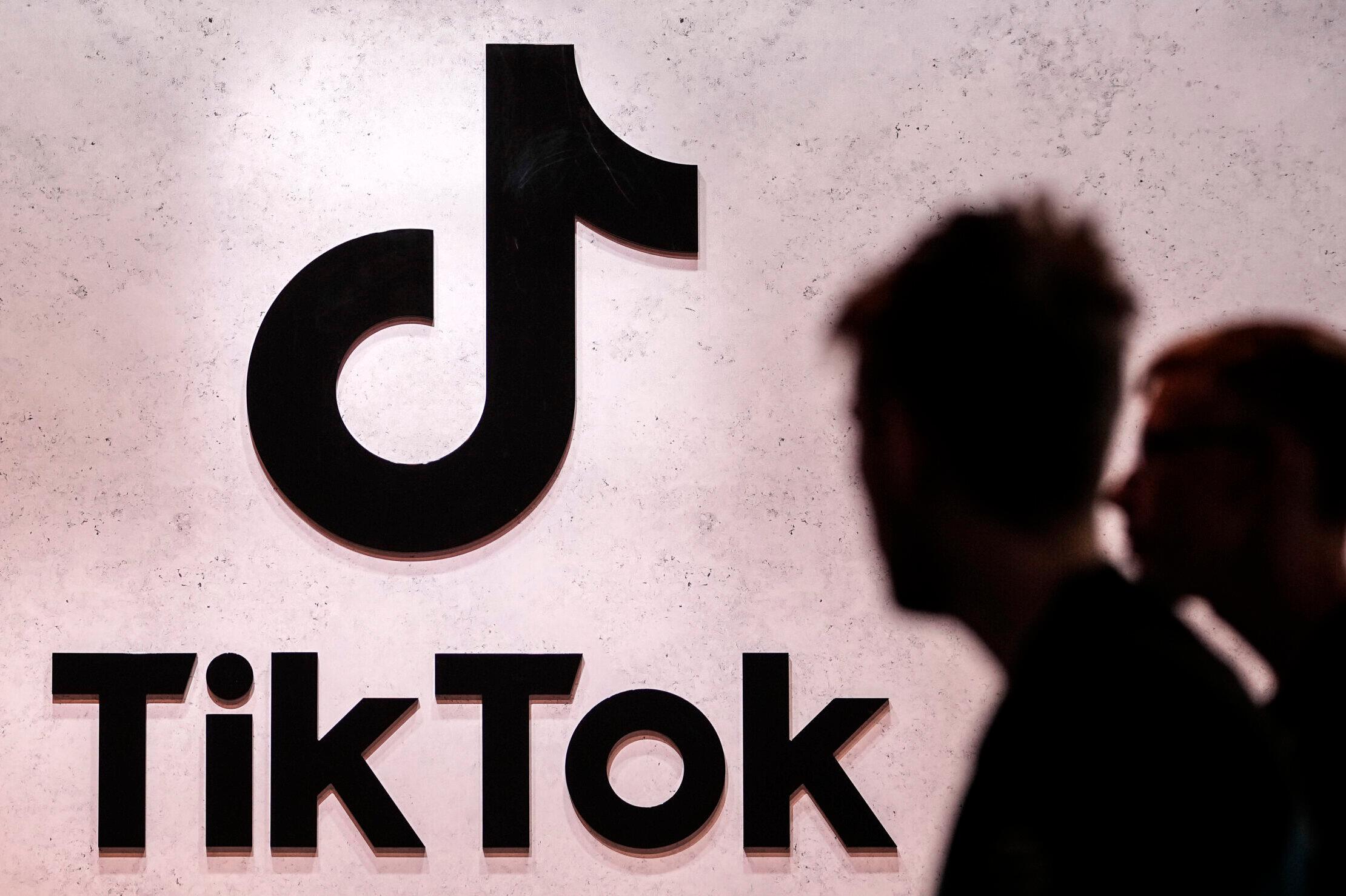
Colorado Sen. Michael Bennet is part of a bipartisan group of senators that wants to beef up the administration’s power to take on technology threats from foreign adversaries.
The RESTRICT Act would give the Commerce Secretary new authority to identify and mitigate threats posed by foreign technology products and services in the United States.
“What we’re trying to deal with here is insecure information and communication technology,” explained Virginia Democratic Sen. Mark Warner, the chair of the chamber’s intelligence panel. “These risks are not going away and unfortunately, our tools to date have been relatively limited.”
Warner said the secretary’s new powers would extend “up to and including the opportunity to ban.” He added such decisions would be risk-based, informed by intelligence, and follow a clear process, instead of the current ad hoc approach. The bill would also allow for the declassification of information on how a certain foreign tech might pose undue or unacceptable risks.
Bennet and others noted that while the popular social media app TikTok is the concern now, the threat around foreign tech goes back years, ranging from Russia's Kaspersky Labs, which produced an antivirus software, to Huawei's 5G system.
“TikTok is only the latest example, but we know it's not going to be the last. And we need Congress to move beyond the Whac-A-Mole solution that we have been focused on and have a more strategic approach,” said Bennet.
Bennet recently wrote to the heads of Apple and Google urging the companies to remove TikTok from their app stores.
This is just the latest bill driven by national security concerns surrounding TikTok and the potential for the Chinese Communist Party to access user data. Republican Rep. Ken Buck helped lead the charge to remove the app from federal government phones and has introduced a bill to ban TikTok in the U.S. entirely, while a different bipartisan bill is also focused on social media apps from foreign countries of concern.
However, the sponsors of the RESTRICT Act said their choice to not name or focus on TikTok alone in the bill was deliberate.
Republican Sen. John Thune said “when we go about a process like this, it has to be orderly, it has to be a way that can withstand legal challenges and we think this does that rather than picking out … this particular technology or this particular company.”
The RESTRICT Act names six adversarial countries: China, Russia, Iran, North Korea, Cuba and Venezuela whose tech could come in for more limits.
Like many other senators, Bennet criticized the Chinese government in particular.
“We’ve watched too long as they’ve stolen our I.P. (intellectual property), as they’ve implemented telecommunications equipment around the world that puts the world at risk of their surveillance scheme.”
Warner and others were also quick to stress that their concerns are with the Chinese Communist Party, not the Chinese people.
Bennet was optimistic about the bill’s chances.
“I do think we’re going to pass this. And I think this is going to be the beginning of the United States saying we are not going to be collateral damage and we’re going to take our future in our own destiny.”
Jake Sullivan, President Joe Biden’s National Security Advisor, put out a statement supporting the bill.
“This legislation would empower the United States government to prevent certain foreign governments from exploiting technology services operating in the United States in a way that poses risks to Americans’ sensitive data and our national security,” he said in a statement.
Sullivan added he will continue to work with Republicans and Democrats on the bill and urged Congress to act quickly to send it to Biden’s desk.








